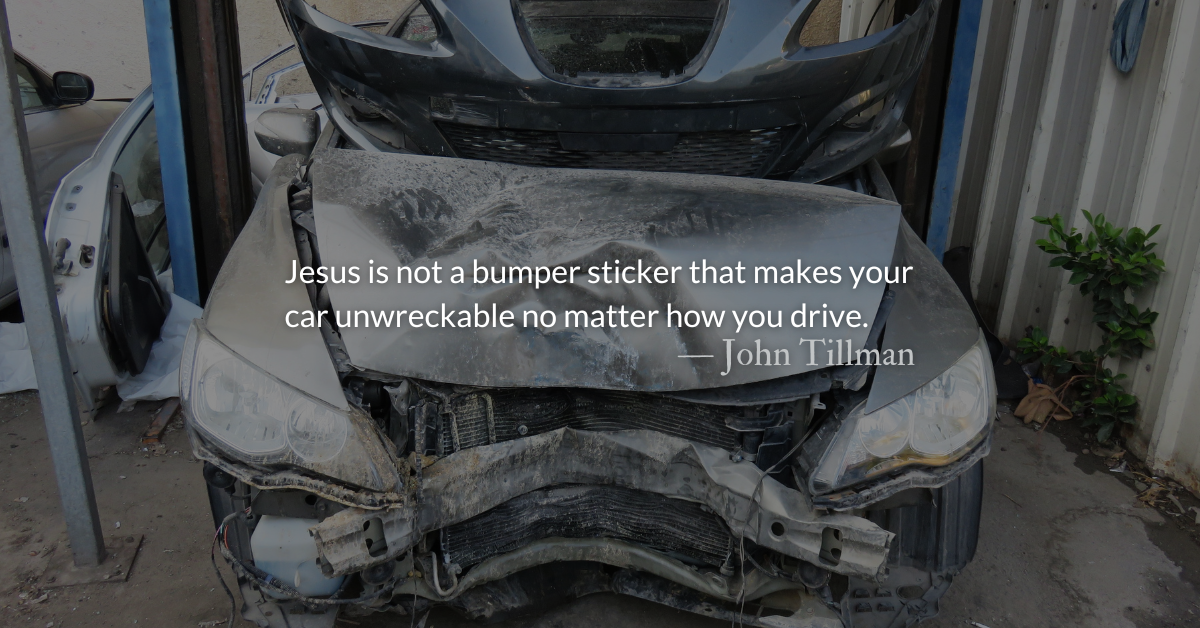Links for today’s readings:
Nov 13 Read: 1 Chronicles 1-2 Listen: (11:18) Read: Psalms 79 Listen: (1:50)
Scripture Focus: Psalm 79.1-10
1 O God, the nations have invaded your inheritance;
they have defiled your holy temple,
they have reduced Jerusalem to rubble.
2 They have left the dead bodies of your servants
as food for the birds of the sky,
the flesh of your own people for the animals of the wild.
3 They have poured out blood like water
all around Jerusalem,
and there is no one to bury the dead.
4 We are objects of contempt to our neighbors,
of scorn and derision to those around us.
5 How long, Lord? Will you be angry forever?
How long will your jealousy burn like fire?
6 Pour out your wrath on the nations
that do not acknowledge you,
on the kingdoms
that do not call on your name;
7 for they have devoured Jacob
and devastated his homeland.
8 Do not hold against us the sins of past generations;
may your mercy come quickly to meet us,
for we are in desperate need.
9 Help us, God our Savior,
for the glory of your name;
deliver us and forgive our sins
for your name’s sake.
10 Why should the nations say,
“Where is their God?”
Reflection: When Temples Fall
By John Tillman
God closely tied his identity to the temple. Why didn’t he save it?
God filled the temple with his glory (1 Kings 8.10-13) and promised Solomon, “My eyes and heart will always be there.” (1 Kings 9.3) By God’s own description, the temple metaphorically and metaphysically connected God’s throne and identity with Jerusalem and his people.
Israel and Judah relied on this through many dangers. God saved the city and his temple many times over, from enemy after enemy. Israel and Judah tied their security to the idea that God would never let the temple suffer shame or destruction. They thought of God’s temple as an unbreakable shield that made them undefeatable, despite being unfaithful.
For this reason Psalm 79 begins with shock that God allowed his temple to be invaded, defiled, and destroyed. In the psalmist’s eyes, this brought shame not only on the people but on the name of God.
The psalmist called on God to forgive the people and help them for “the glory of your name” and “for your name’s sake.” (Psalm 79.9) God, however, is not shamed when a corrupt institution or person falls, even if that institution or person identifies themselves as belonging to God or representing him.
God’s promise to Solomon was conditional—if the people turned away, God promised to make the temple an object of ridicule and scorn. (1 Kings 9.6-10) It was for the sake of God’s name that the temple Judah corrupted was destroyed.
For Christians, Jesus is our temple and our salvation in him is secure and unshakable. Our faith is in his faithfulness, not ours. However, a person, church, organization, or nation cannot slap on the name “Christian” and expect escape from worldly failure or shame, especially when they are unfaithful. Jesus is not a bumper sticker that makes your car unwreckable no matter how you drive.
Are there “temples” you hold as impervious to falling? Is there anything labeled “Christian” that you trust to save you? Jesus will purge our unrighteous temples, whatever they are. Let him.
God would rather destroy his temple than see it continue in unrighteousness, but the psalmist’s good news is that God also restores. Jesus went through shame, ridicule, suffering, destruction, and death for the glory set before him and shares that glory with us. (Hebrews 12.2-3) Just don’t confuse the glory of an institution with the glory of God or presume upon the grace of God to continue in unrighteousness. (Romans 6.1-2)
Divine Hours Prayer: A Reading
Jesus said: “The servant who knows what his master wants, but has got nothing ready and done nothing in accord with those wishes, will be given a great many strokes of the lash. The one who did not know, but has acted in such a way that he deserves a beating will be given fewer strokes. When someone is given a great deal, a great deal will be demanded of that person; when someone is trusted with a great deal, of that person even more will be expected.” — Luke 12.47-48
– From The Divine Hours: Prayers for Autumn and Wintertime by Phyllis Tickle.
Read more: Temple Confrontations
Uzziah angrily claimed purity and was made unclean. Isaiah fearfully confessed uncleanness and was made pure.
Read more: Tyre, Eden, the Temple
If Tyre, Adam, and the spiritual leadership of the Temple can fall, so can we. The same sins they tripped on strike at our heels.


